Modi goes to Washington
Indian PM's 'clever' appeasement strategy could secure US president an ally against China and other Brics states
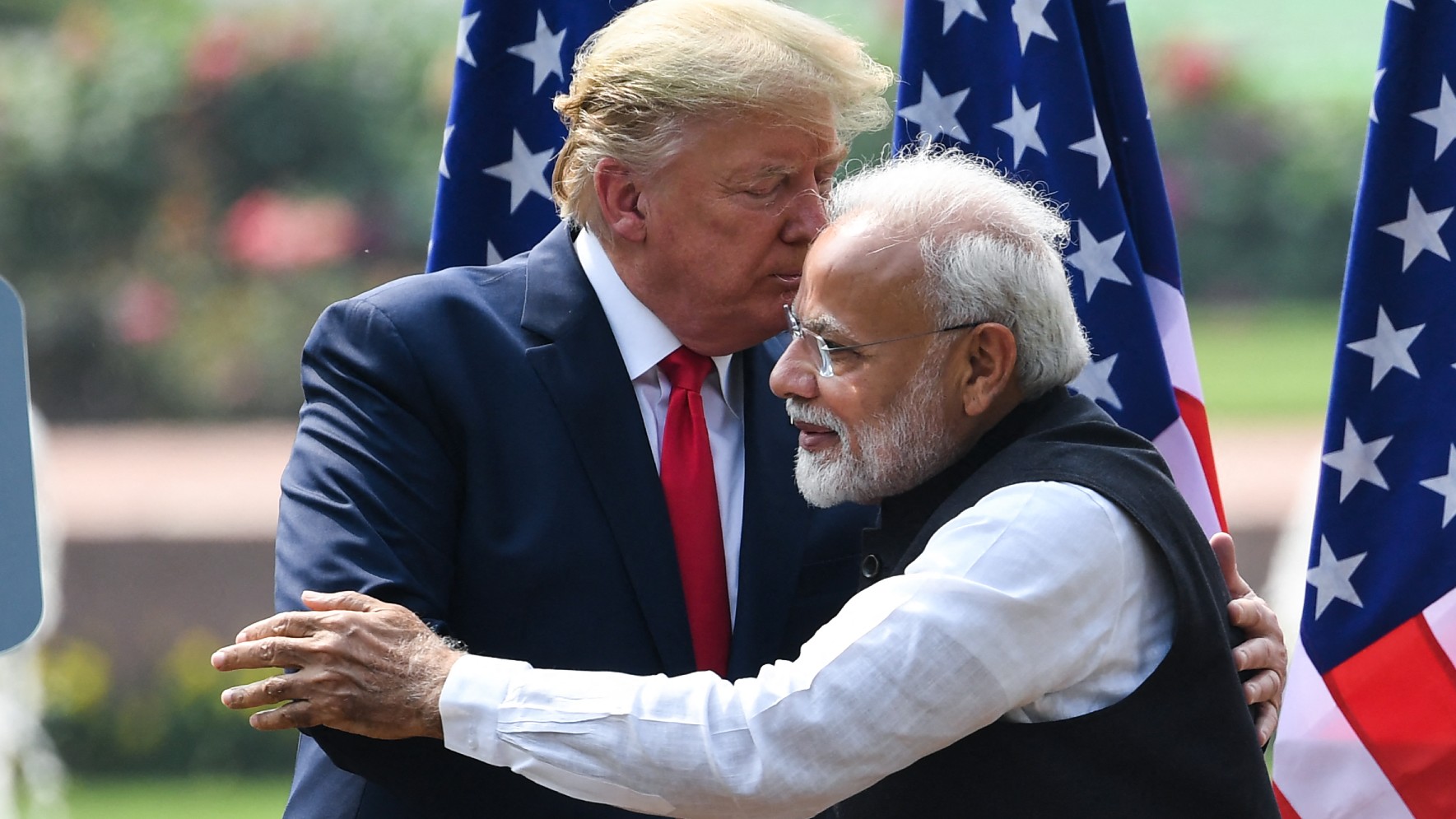
"A pre-emptive and proactive policy is always better when it comes to Trump," said the former Indian ambassador to the US, Harsh V Shringla –and current Indian Prime Minister Narendra Modi seems very much to agree.
As Modi prepares for an Indian-US summit in Washington this week, it appears India is once again "ready to adapt" to the US president's "transactional style of diplomacy", said The Washington Post.
What will be on the agenda?
India's slowing economy means the main priority for Modi is to avoid crippling tariffs, like those Trump has already imposed on China, imposed (then rescinded) on Canada and Mexico, and threatened against the EU. Trump last year referred to India as a "very big abuser" of trade ties with the US, highlighting America's $45 billion (£37 billion) trade deficit with the country.
The Week
Escape your echo chamber. Get the facts behind the news, plus analysis from multiple perspectives.

Sign up for The Week's Free Newsletters
From our morning news briefing to a weekly Good News Newsletter, get the best of The Week delivered directly to your inbox.
From our morning news briefing to a weekly Good News Newsletter, get the best of The Week delivered directly to your inbox.
Modi will "almost certainly make some concessions on two vexed issues: trade and illegal immigration", said Foreign Policy. On the former, he has already made a "clear concession to Trump", said Bloomberg, by cutting India's "own (notoriously high) tariffs" on some US goods, including Harley-Davidson motorbikes.
"India's posture of appeasement is not unique, but it's very clever," Milan Vaishnav, director of the South Asia Programme at the US Carnegie Endowment for International Peace, told The Washington Post.
"By making pre-emptive concessions on relatively minor issues, governments can allow Trump to put quick wins on the board, without enduring too much pain themselves."
What about immigration?
Modi's government has signalled its willingness to accept the return of nearly 18,000 Indians living in the US, despite growing "anger" in his country at the "humiliating deportation" by the US last week of more than 100 Indian nationals in shackles and chains, said The Independent.
A free daily email with the biggest news stories of the day – and the best features from TheWeek.com
Delhi hopes this attempt to "placate the new US administration" over the number of illegal Indian immigrants – which the Pew Research Center estimates at 725,000 – will "safeguard legal migration pathways for its citizens, including student visas and H-1B visas for skilled workers".
Why is India tightening its ties with the US?
The US-India relationship is on a "more secure footing than it has been in decades", said Foreign Policy. Aside from the obvious "bonhomie" between their strongman leaders, this alignment is largely down to "a shared belief that China increasingly constitutes a threat to both countries' strategic interests in the Indo-Pacific".
India is one of the founding members of the Brics bloc, a group that has "long projected itself as an alternative to Western-led models of global governance", said the BBC. However, India is "perhaps the most Western-oriented Brics member", in line with its foreign-policy strategy to "balance relations with a wide spectrum of geopolitical players".
What does the US want?
As Brics member states become "more prominent and influential", the US hopes India's pre-eminent position in the bloc will allow it to act as a bulwark against the "longstanding vision – articulated emphatically by Beijing and Moscow – of serving as a counter to the West", said the BBC.
Trump has so far adopted a hawkish approach to the group, even going so far as to threaten Brics states with 100% tariffs when news emerged of them talking about replacing the US dollar as their reserve currency. His close relationship with Modi, however, may allow the US to exert more "soft-power" influence over the bloc.
-
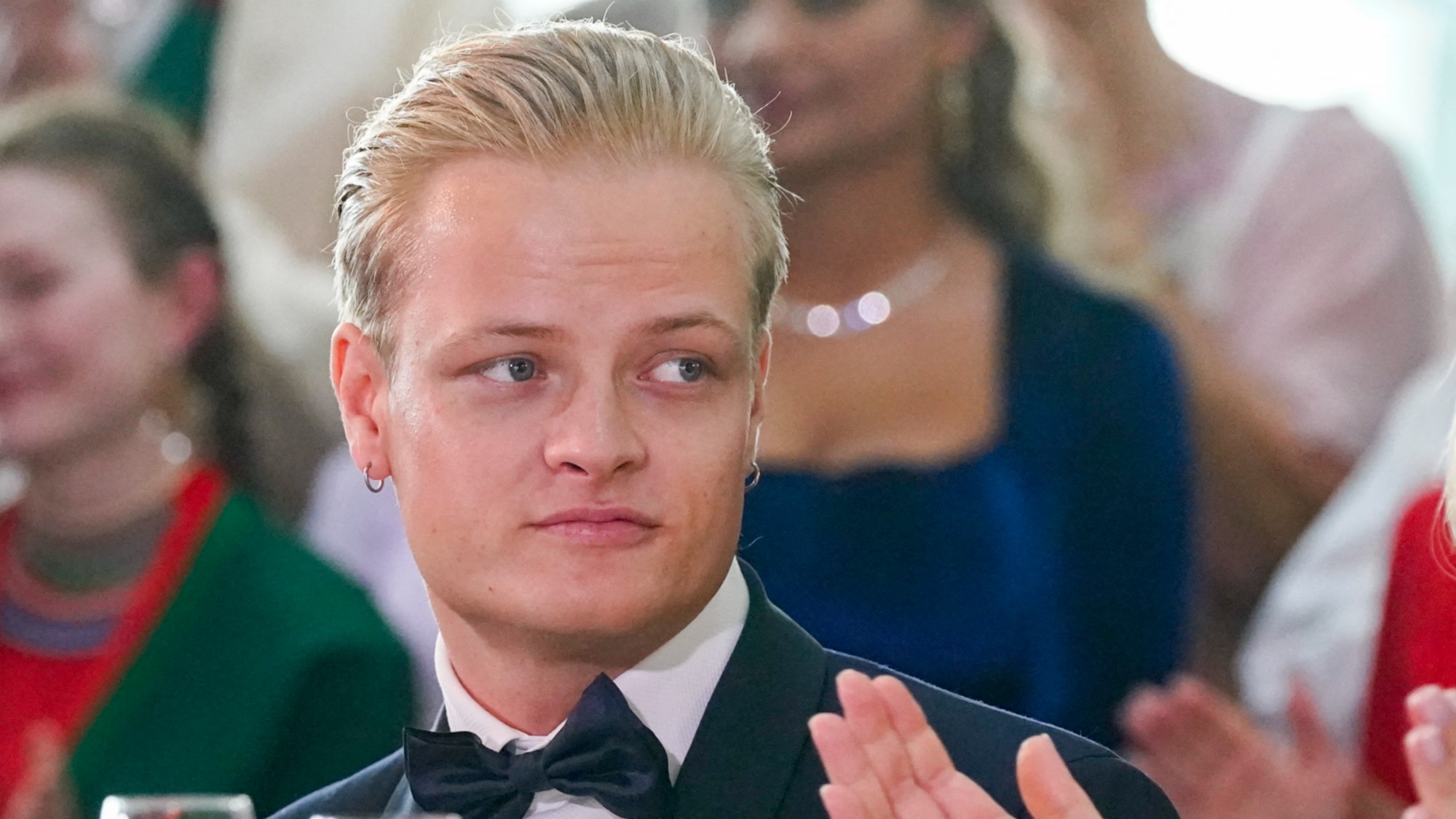 Norway’s scandal-hit royals
Norway’s scandal-hit royalsIn the Spotlight Rape trial of Marius Borg Høiby, son of the crown princess, adds to royal family's ‘already considerable woes’
-
 The Beckhams: the feud dividing Britain
The Beckhams: the feud dividing BritainIn the Spotlight ‘Civil war’ between the Beckhams and their estranged son ‘resonates’ with families across the country
-
 Quiz of The Week: 24 – 30 January
Quiz of The Week: 24 – 30 JanuaryQuiz Have you been paying attention to The Week’s news?
-
 ‘Implementing strengthened provisions help advance aviation safety’
‘Implementing strengthened provisions help advance aviation safety’Instant Opinion Opinion, comment and editorials of the day
-
 Does standing up to Trump help world leaders at home?
Does standing up to Trump help world leaders at home?Today’s Big Question Mark Carney’s approval ratings have ‘soared to new highs’ following his Davos speech but other world leaders may not benefit in the same way
-
 Businesses are caught in the middle of ICE activities
Businesses are caught in the middle of ICE activitiesIn the Spotlight Many companies are being forced to choose a side in the ICE debate
-
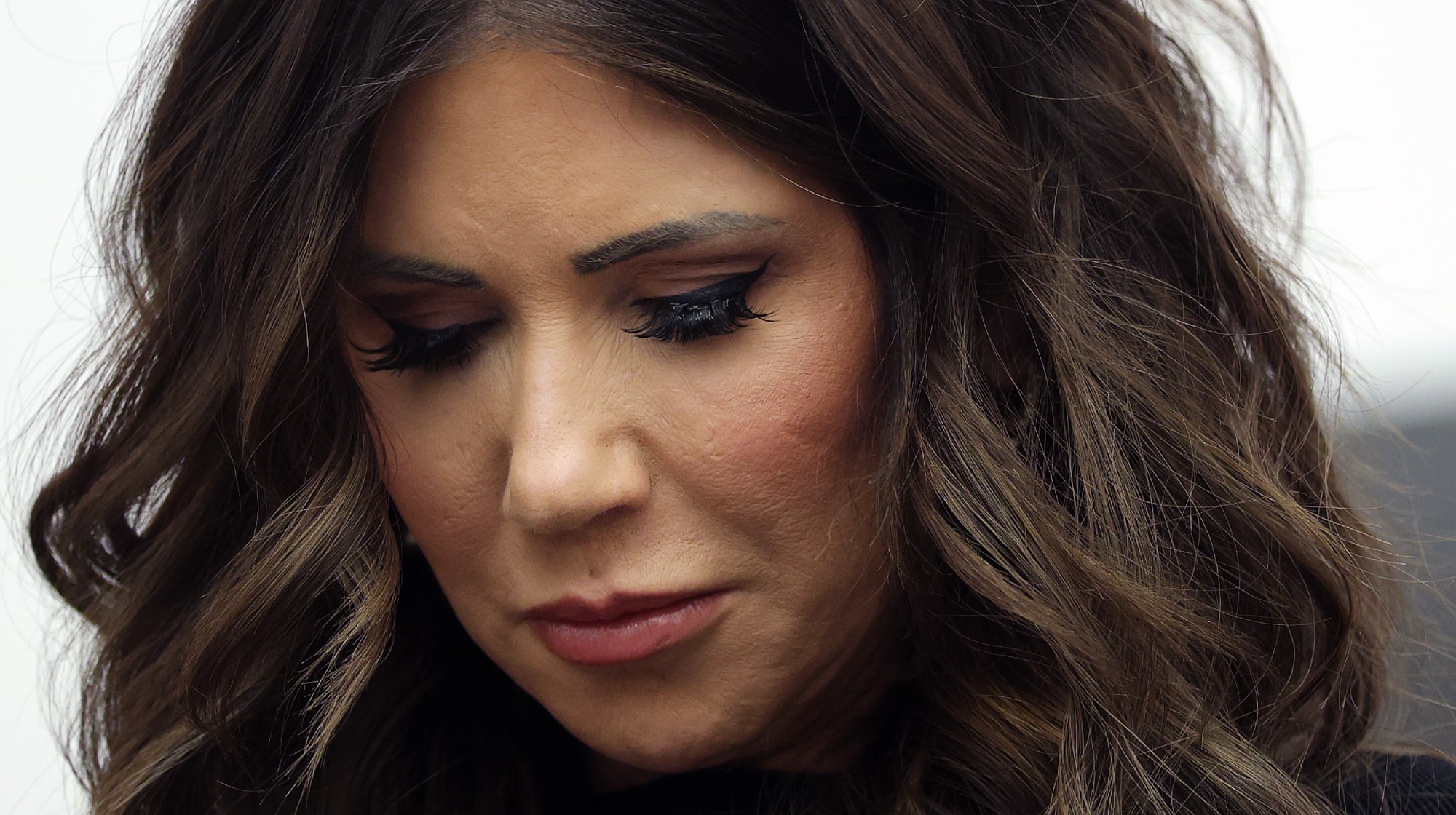 Democrats pledge Noem impeachment if not fired
Democrats pledge Noem impeachment if not firedSpeed Read Trump is publicly defending the Homeland Security secretary
-
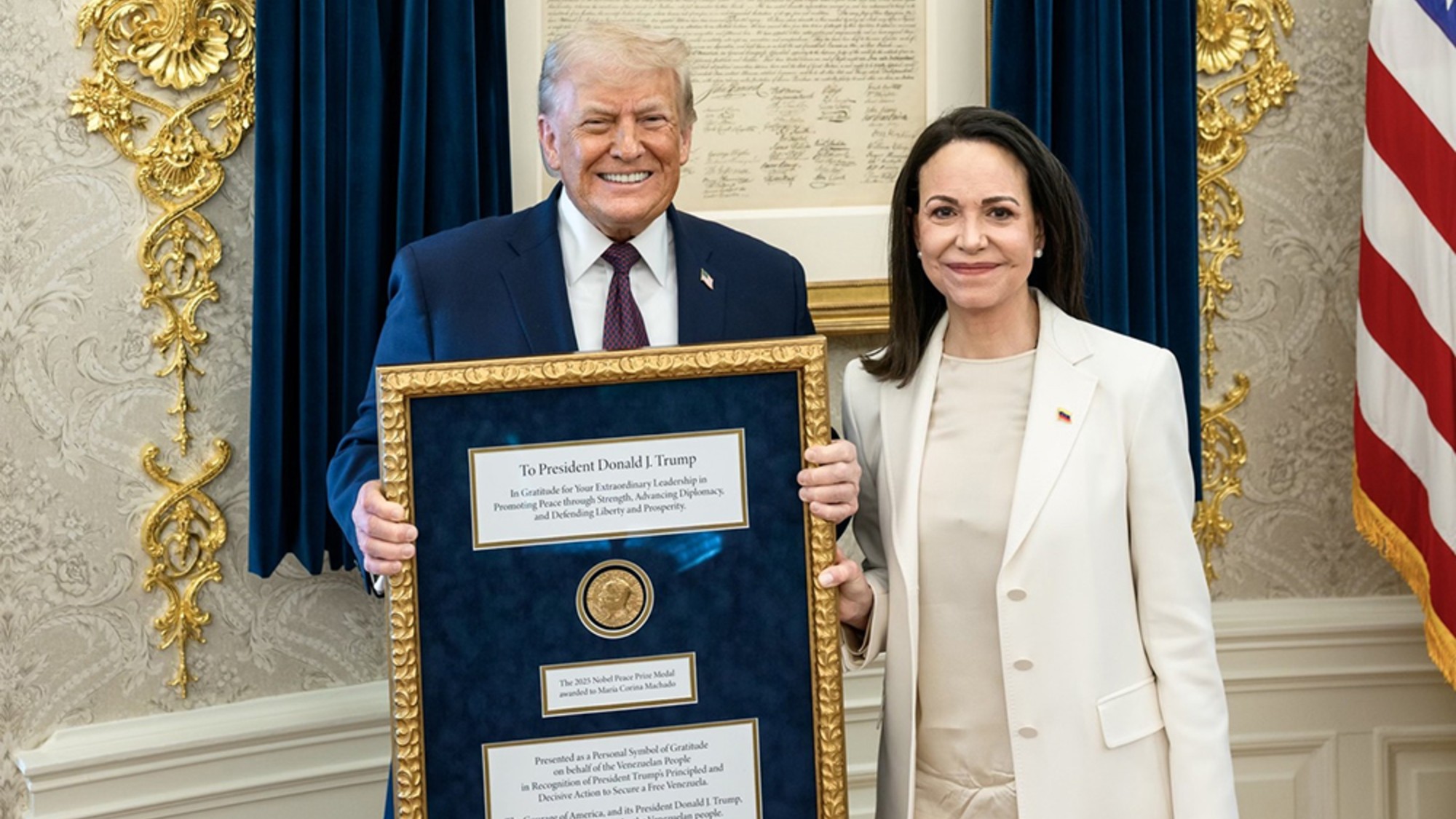 Trump: A Nobel shakedown
Trump: A Nobel shakedownFeature The president accepts gold medal he did not earn
-
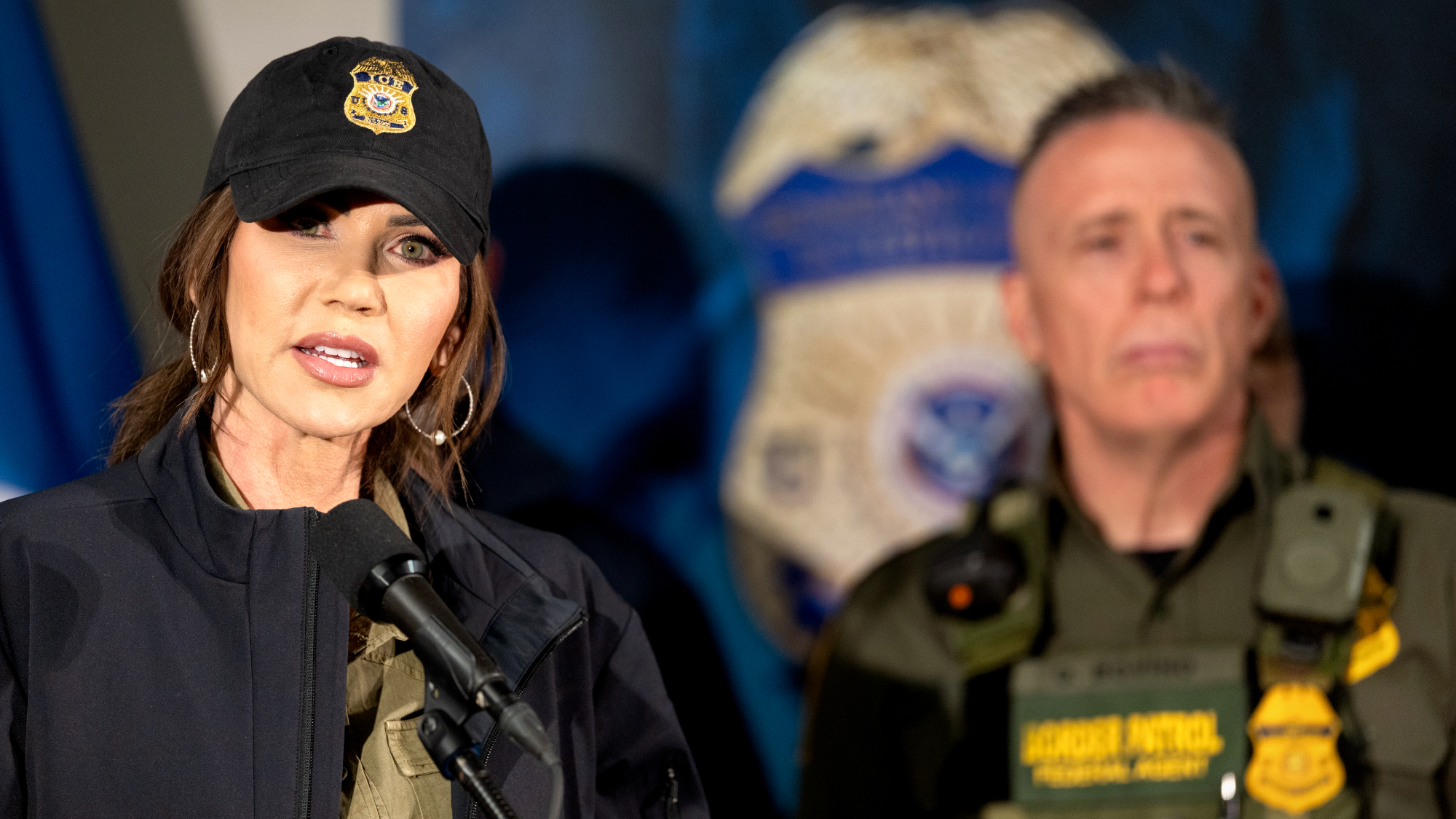 Trump inches back ICE deployment in Minnesota
Trump inches back ICE deployment in MinnesotaSpeed Read The decision comes following the shooting of Alex Pretti by ICE agents
-
 What is at stake for Starmer in China?
What is at stake for Starmer in China?Today’s Big Question The British PM will have to ‘play it tough’ to achieve ‘substantive’ outcomes, while China looks to draw Britain away from US influence
-
 Is Alex Pretti shooting a turning point for Trump?
Is Alex Pretti shooting a turning point for Trump?Today’s Big Question Death of nurse at the hands of Ice officers could be ‘crucial’ moment for America